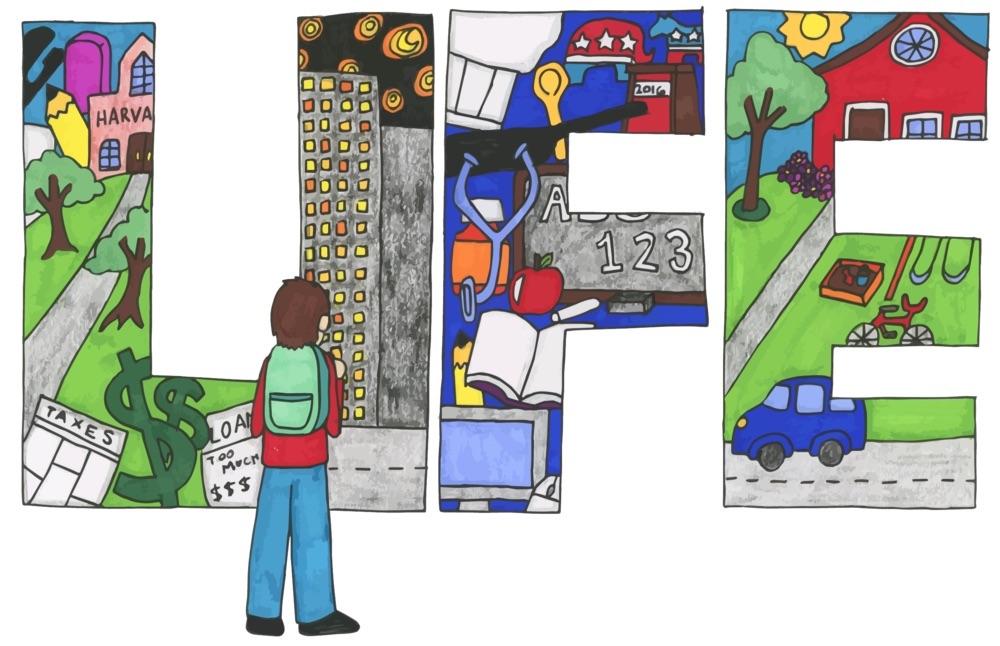Imagine this: you are standing in the middle of your home. You look around, and everything that you see, you can say where it came from. Not in the historical sense, such as an antique passed down by a relative. Rather, you can state the origins of your furniture, your food or even your clothing.
I would hazard a guess that nearly all of the people reading this article cannot say this is true for them, simply because this is not the culture that we have been born into. Thankfully, our society is shifting toward a culture of consumer mindfulness.
As I am only in the beginning stages of becoming an informed consumer, I can only offer you three items to consider: 1) The importance of knowing what you support, 2) The importance of supporting companies that have the same values as you do and 3) A few helpful resources to use when shopping.
First, it is important to know what values you believe other companies should support. For example, if you believe that child labor is unethical, you should support companies that have the same belief.
All it takes to become a mindful consumer is a little research. Because we live in an age with information constantly at our fingertips, we should use these resources to our advantage. Do a quick Google search about your favorite clothing brand; you may be surprised by the results.
Second, it is important to actually support companies that uphold those values that you find important. Again, do a little digging and research companies that outrightly support causes in which you believe. Another example: If you believe that the conservation of the Asian elephant species is important, go out of your way to buy from companies whose products specifically support the cause.
Third, there are many wonderful resources that will help people become informed consumers. Most of them are electronic, including many applications (the majority of them free) or websites dedicated to identifying “good” and “bad” companies.
It should be noted that part of being an informed consumer is knowing that you are using reliable data. Verify the data you receive with other sources, and take note of any discrepancies. Talking with other people about which resources they use will help gain a better understanding of the information and allow it to spread to others.
Resources include applications such as Social Impact, Good Guide, Instead, National Green Pages and Co-op Food Mag. Informational websites include Fair Trade USA and World Fair Trade Organization, two nonprofit companies that act as third-party reviewers of products produced and exported worldwide. In Spokane, check out Main Market Co-op, a nonprofit organization that supports local and organic producers and sustainable business and agriculture.
Contact Claire Hunter at [email protected]






